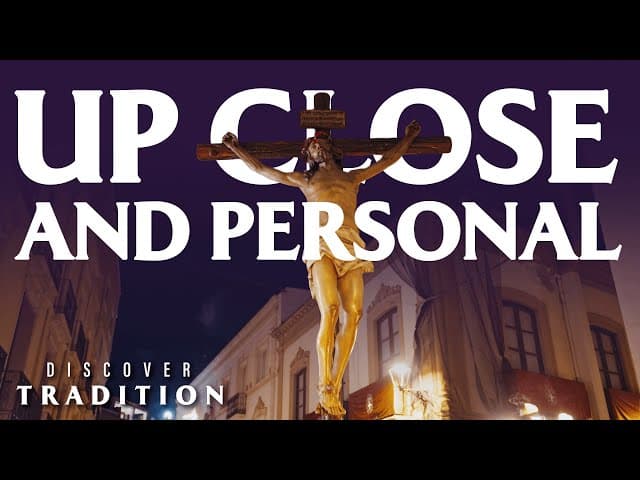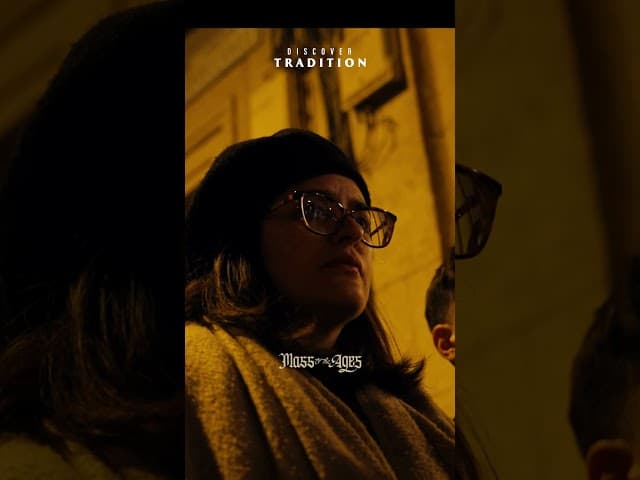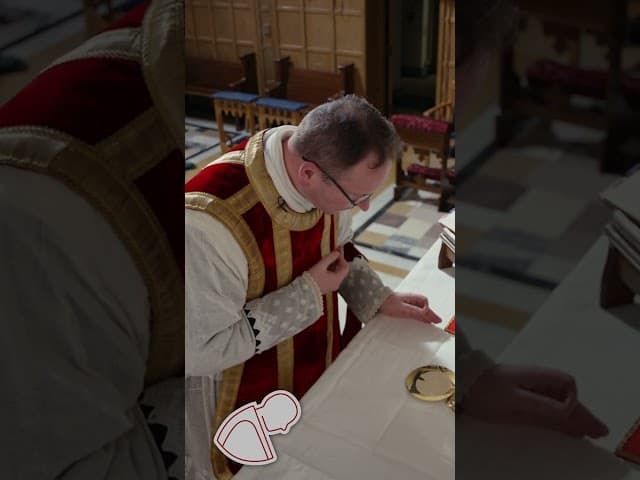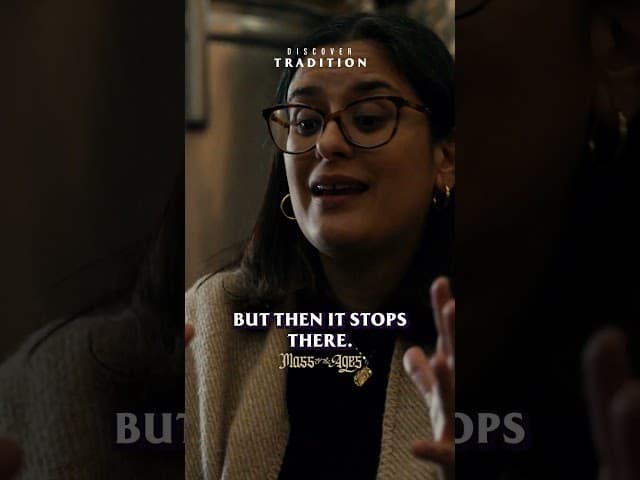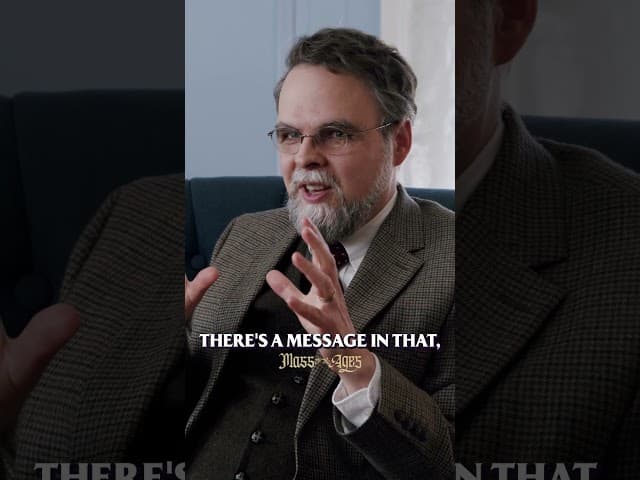
Create Account
Manage my channels
Watch later and create collections
Manage your email subscriptions
Exclusive offers and opportunities
Canon lawyer Fr. Gerald Murray talks with Cameron O'Hearn to answer one of the most debated questions in the Church today — can priests celebrate the Traditional Latin Mass after Traditionis Custodes? ⛪🎥 In this interview, we dive deep into Church law, priestly training, and the future of the Latin Mass. (Interview recorded while Pope Francis was the pope.)
Summarized responses from Fr. Murray:
Yes. There is no canonical prohibition against a priest learning the Traditional Latin Mass. It’s part of priestly education and preparation to celebrate it reverently and correctly.
It depends on when he was ordained.
Ordained before Traditionis Custodes (July 16, 2021): Yes, he can celebrate it privately without needing his bishop’s permission.
Ordained after Traditionis Custodes: No, he needs his bishop’s permission, and the bishop must first receive permission from Rome.
A public Mass is open or advertised to the public (e.g., scheduled in a parish church).
A private Mass is not publicly announced or open to the public, though family or friends may be invited. It typically happens in a home or chapel setting.
Yes. It can include invited guests, such as family or friends, but not the general public. It simply must not be advertised or publicly accessible.
Yes. The faithful can invite a priest to celebrate a private Mass and may attend by invitation. However, it must remain genuinely private — not a de facto public Mass through widespread publicity.
Generally, no. Traditionis Custodes restricts public celebrations but does not explicitly address private Masses. Therefore, unless the Pope explicitly grants that authority, a bishop cannot forbid priests (especially those ordained before Traditionis Custodes) from celebrating the TLM privately.
He must:
Yes. Learning the TLM is always permitted. They can study the rubrics, prayers, and movements (even through a “dry Mass” without consecration) without celebrating an actual Mass.
Then the priest must wait. The law requires permission from both bishop and Rome.
No. They have separate canonical rights and may celebrate the TLM publicly and privately without seeking new permissions.
That would likely be considered a public Mass, not private, since it’s known, recurring, and open by word of mouth.
Possibly, but it’s restricted. Canon law allows multiple Masses on the same day (binatio) only for the spiritual welfare of the faithful and under certain circumstances.
Learn and prepare privately, with obedience and patience. Even if current permissions are restricted, future popes could easily restore broader freedoms, and trained priests would then be ready to serve.
Mass of the Ages is a Catholic studio that brings the rich traditions of the Church and our Faith to screens all over the world.
🎁 GIVE: https://give.tradition.tv
WATCH EPISODE 1: https://youtu.be/-mIM_CrCYY4?si=EMWiAoFslNF1PoF1
WATCH EPISODE 2: https://youtu.be/8y1cABhLc2o
WATCH EPISODE 3: https://www.youtube.com/watch?v=5aPbZj2C5_I
FIND A LATIN MASS NEAR YOU: https://tlmfinder.com
PRAY FOR US: Email [email protected] to join our dedicated prayer team.
FOLLOW THE MASS OF THE AGES STUDIO
https://www.youtube.com/c/massoftheages
https://www.instagram.com/massoftheages
https://www.facebook.com/massoftheages
https://twitter.com/massoftheages

